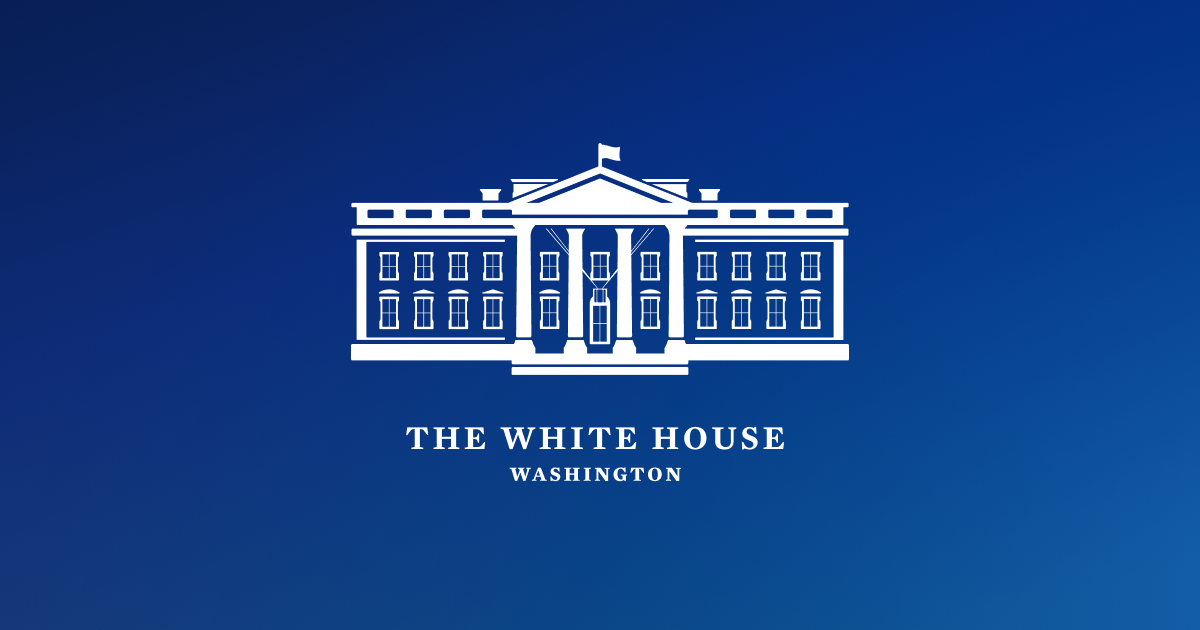- Dec 3, 2006
- 8,569
- 6,090
- 61
- Country
- United States
- Gender
- Male
- Faith
- Baptist
- Marital Status
- Married
- Politics
- US-Republican

If Trump Loses, Elites Will Rule Unchallenged For Decades | @AmacforAmerica
Examine the dynamics of the American two-party system, the role of elite influence in politics, and the impact of outsider candidates like Donald Trump.
 amac.us
amac.us
The American two-party system is built around the old British principle of a party of the “court” that is in power and a party of the “country” representing those who wish to replace those currently in office, not to overthrow them. A loyal opposition, which wishes to extract concessions or shift the balance of power within the system, is tolerated. A revolutionary opposition, which threatens to shake up the entire system, is not tolerated. Candidates with the support of only a minority of the American elite such as Richard Nixon, Teddy Roosevelt, or Ronald Reagan, are tolerated, though often undermined. Those who are viewed as a threat to the entire system – i.e., Donald Trump – are a different matter.
Since the founding of the United States, a loose alignment of professionals, businessman, politicians, and local elites who hold social power has proved remarkably effective at uniting to prevent candidates who do not accept the premises of the system, or, more often, do not understand them, from reaching the presidency. From Alexander Hamilton to Patrick Henry, Bernie Sanders, Tulsi Gabbard, Ron Paul, Pat Buchanan, and Ross Perot, these candidates are isolated and painted as a danger.
Occasionally, however, they will win a major party nomination. That happened in 1896 when Williams Jennings Bryan captured the Democratic nomination and in 1964 when Barry Goldwater won the Republican nod. In both cases, the candidates found themselves crushed under the weight of a financial and social mobilization unprecedented for decades.
This was precisely what was supposed to happen in 2016 when Donald Trump won the Republican nomination. Had the 2016 election resulted in the expected victory for Hillary Clinton, voters would have been reminded that going against the preferences of college-educated professionals is fatal.
Democrats, too, would have been reminded that with the support of that constituency, a candidate as flawed as Hillary Clinton can become president. The Republican Party would have obediently nominated a moderate, pro-business, pro-establishment candidate in 2020, and by strategically swinging between the two parties, white college graduates would have maintained their control of both.
That is not what happened. Donald Trump won, and in doing so, he risked doing something more. If he showed that it was possible to win without the approval of elites, then it was possible politics would polarize along educational lines. If he succeeded in winning again after having done so, it would potentially break their power permanently.



